Empowering women: Melinda Gates, Robyn & Margot Wallström
October 26, 2018, External activity, Calendar
Below is a list of the articles that are cataloged with a given category / tag.
October 26, 2018, External activity, Calendar
What does sustainable peace have to do with the environment, climate and natural resources? FUF and Mänsklig Säkerhet invited to a seminar on challenges in building sustainable peace in post-war countries, with a focus on environmental issues and the peace process in Colombia. The researchers Florian Krampe (SIPRI) and Karina Barquet (SEI) and Forum Syd's former Colombian CEO Claudia Arenas participated. Moderator: Robert Egnell (Swedish National Defense College). Language English. The seminar took place on October 25, 2018.
October 26, 2018, FUF pods
Of: Louise Gripenberg and Maria Ricksten
In the beginning of October 2018, another march for indigenous rights was held in Montreal, Canada. Hundreds gathered to remind politicians and police officers of the missing and murdered indigenous women. Canada's long history of ethnic discrimination continues to echo today alongside the government's failure to address this structural violence.
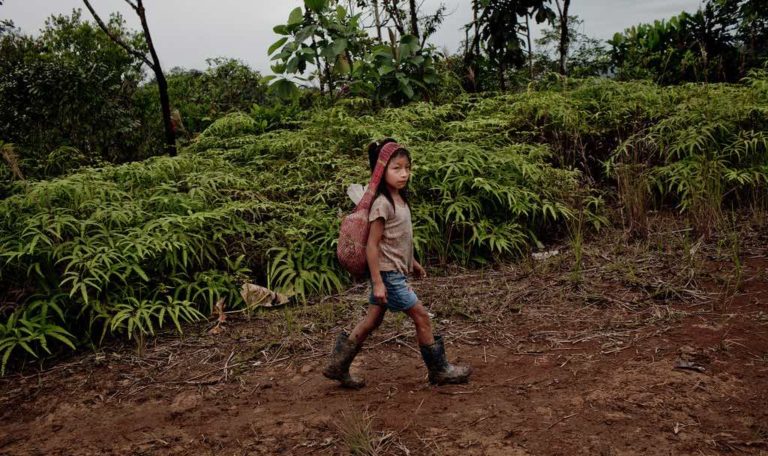
A Kichwa girl carrying her sack tumpline style near the Jondachi river in Ecuador.
Photo: Tomas Munita / CIFOR, Flickr.
Of: Johanna Caminati Engström and Lisa Elamson
In the last decade, progress has been made for the rights of the indigenous people of Ecuador. But despite a favorable legal context and numerous promises made by the government, their rights are still under threat by foreign economic interests.
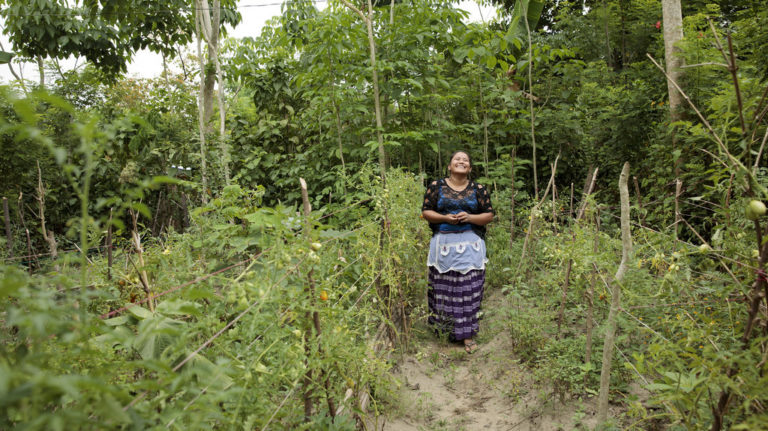
A woman from an agrarian indigenous community in Puente Viejo, Guatemala. Photo: Ryan Brown / UN Women, Flickr.
Of: Carolina Yang
In the field of agriculture where production is the major appeal, a lens from the indigenous perspectives provides opportunities to relieve the unprecedented environmental stress imposed by industrial agriculture. Rather than an over-simplified food system, sustainability will be more attainable if native wisdom is applied in celebration of diversity.
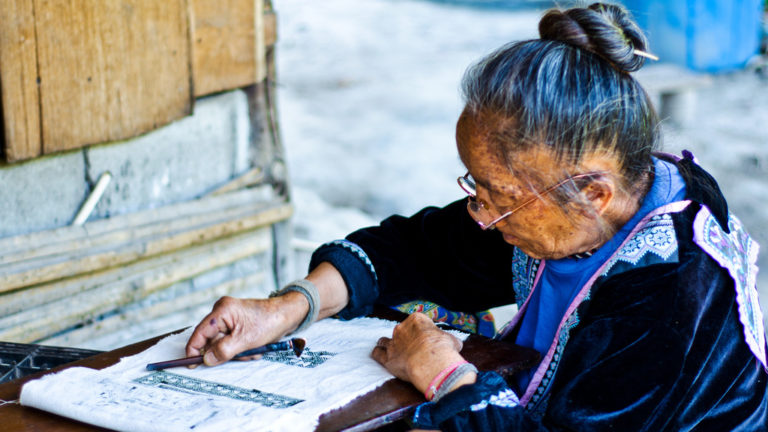
Woman from the Mong Tribe in Chiang Mai, Northern Thailand, drawing designs on a piece of cloth.
Photo: Justin Vidamo, Flickr.
Of: Alexandra Håkansson and Linda Sebbas
For the last decades UNESCO has been criticized for not tending to indigenous rights. The World Heritage convention has, despite its aim, resulted in devastating consequences for indigenous peoples. Signs of change in their work can be detected, but will it be enough?
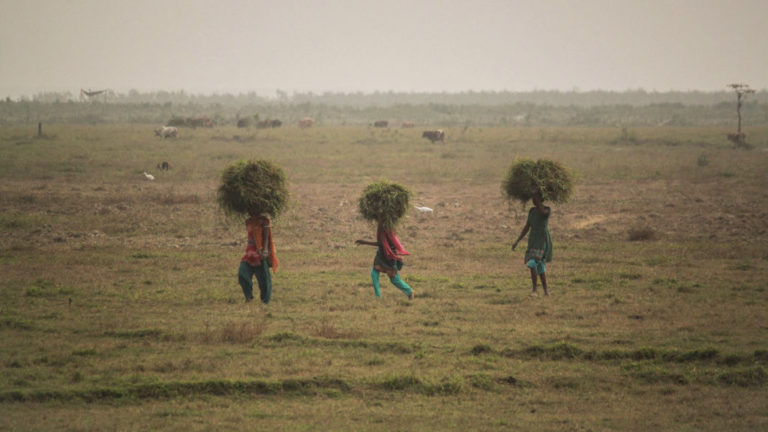
Indigenous women collecting grass for their cattle in Kathonibari, Kaziranga National Park.
Photo: Eleonora Fanari & Pranab Doley.
Of: Hanna Geschewski and Vittorio Capici
The loss of Indigenous peoples' natural resource base is often associated with rainforest clearing, dam projects and the mining industry. But it is not always the infamous multinational corporations that drive native peoples from their lands. Two examples from India and Alaska illustrate how public conservation policies and inter-indigenous conflicts threaten communities and identities.
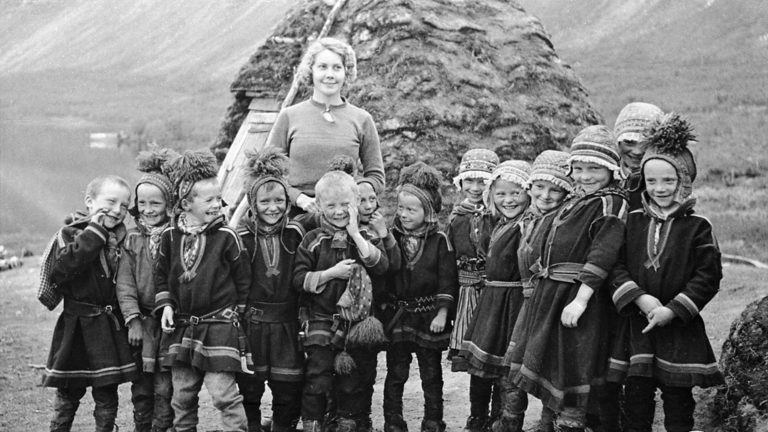
A Sami residential school in Vaisaluokta, Lapland.
Photo: T. Dahllöf. Almquist & Cöster / Swedish National Heritage Board, Flickr
Of: Siobhán Coskeran and Tessa Stockburger
The rights of indigenous peoples are now recognized by the international community. But when it comes to education, the legacy of past discrimination has not been tackled.
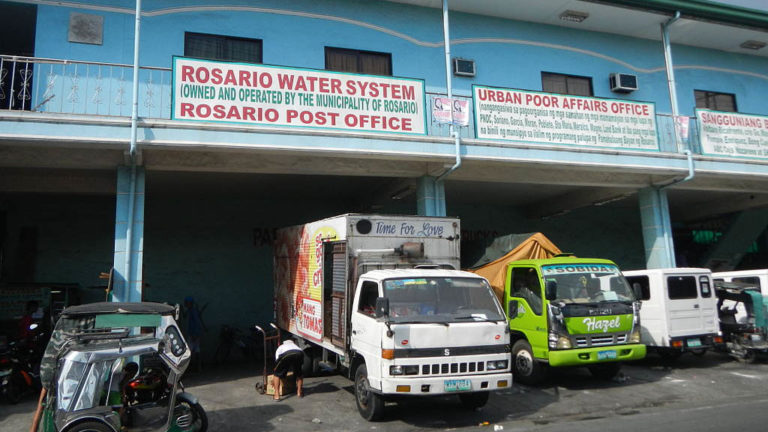
Supporting countries' public institutions can be an important path to development, the debaters write. Here are some public offices in Rosario, Philippines. Photo: Ramon FVelasquez (CC-3.0)
Of: Bertil Odén and Lennart Wohlgemuth
Strengthening the knowledge level of low-income countries in both private and public institutions is an important way of creating development. Despite this, this type of assistance has been given less and less space. Now we must dare to invest in capacity and institution building - even if it is difficult, write the development experts Bertil Odén and Lennart Wohlgemuth.
October 26, 2018, Debate